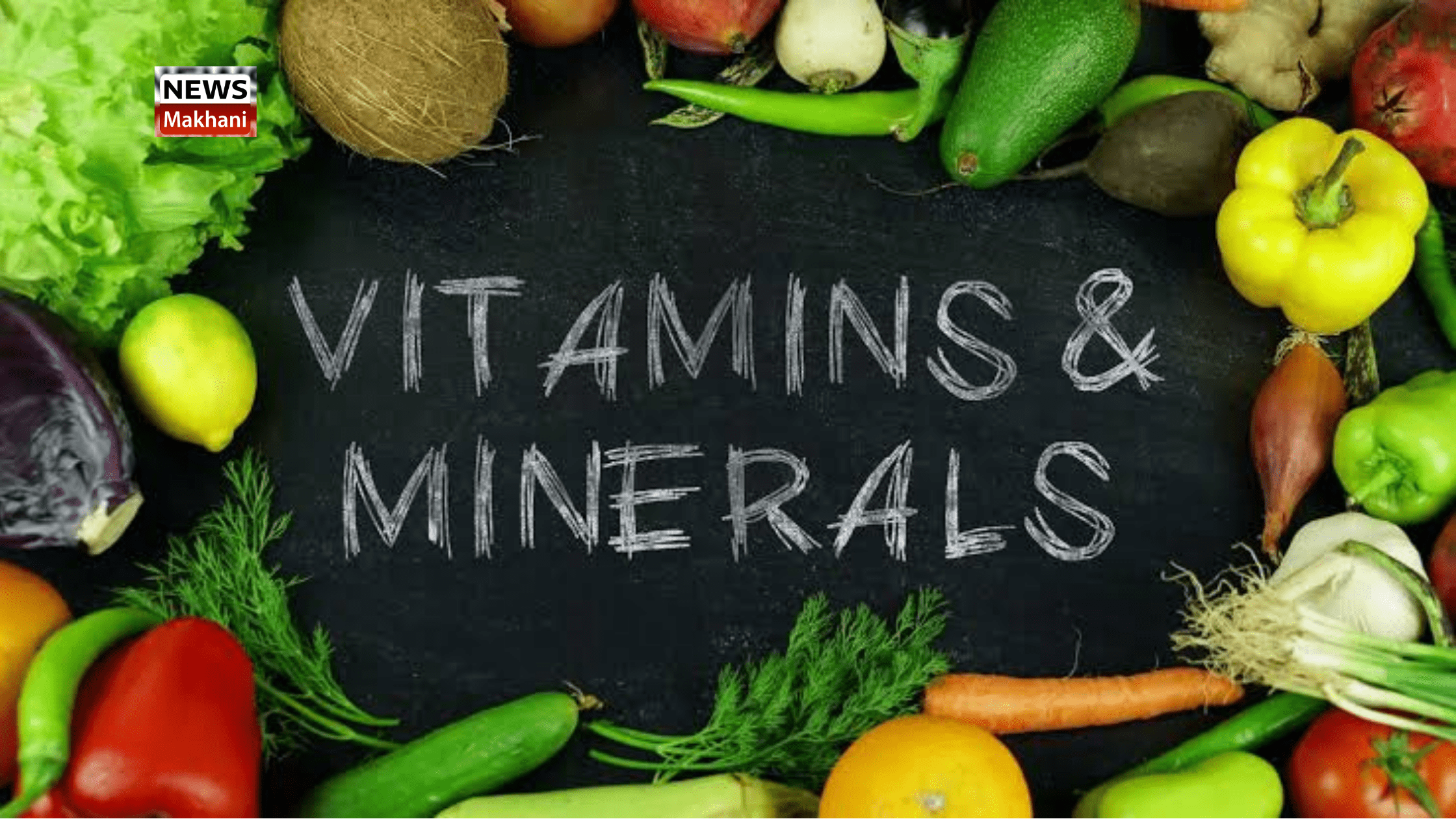Essential Vitamins and Minerals
Vitamin A
Vitamin A belongs to the group of fat-soluble vitamins. It is primarily responsible for the growth and development of cells, vision, immunity, and even reproduction. It also acts as a powerful antioxidant and potent hormone which can greatly affect the function of the heart, lungs, and kidneys.
Sources:
Milk and eggs.
Green leafy veggies.
Orangish yellow-coloured food items like lemons, carrots, etc.
Some vegetable oils.
Vitamin B12
Vitamin B12, or cobalamin, is a water-soluble vitamin that increases the production of red blood cells in our body. It supports the building of DNA structure and ensures the proper functioning of our nervous system. Also balances the stress hormones and helps to reduce symptoms of depression
Sources:
Dairy foods like milk, curd, cheese, etc
Eggs
Since Vitamin B12 is not found naturally in plants and grains, if you are a vegetarian or vegan, you may want to consider taking a B vitamin supplement.
Vitamin C
Vitamin C, or chemically known as ascorbic acid, is critical for the wear and tear of all body tissues. It is involved in multiple functions like absorption of iron, wound healing, and maintaining cartilage, bones, and teeth.
Sources:
Green and red peppers.
Fruits like kiwi, oranges, grapefruit, strawberries.
Food staples like potatoes and tomatoes.
Vitamin D
Vitamin D is a fat-soluble vitamin that regulates the levels of calcium and phosphate in the body. It is also important for strong bone, teeth, and muscle health.
Sources :
Oily fish (like Salmon, Sardines, Tuna)
Red meat.
Egg yolks.
Soya products.
Vitamin K
Vitamin K is a fat-soluble vitamin that carries out a complete synthesis of proteins required for blood coagulation.
Sources:
Plant-based oils.
Nuts and seeds.
Meat.
Dairy products.
Soya beans.
Sodium
Whenever you add salt to your food, you are in fact, adding sodium. The majority of Indians meet their sodium needs as part of their daily diet. However, excess intake of sodium may lead to high blood pressure.
Calcium
Calcium is an essential mineral to help build stronger bones, healthier teeth, and reduce muscle damage.
Sources:
Leafy veggies, such as broccoli, cabbage, okra.
Tofu
Soybean
Oats.
Iron
Iron supports the transportation of oxygen-rich blood from our lungs to the rest of our body. It helps in the formation of hemoglobin, which serves as an oxygen-carrier throughout the body.
Sources:
Tuna and salmon
Eggs.
Beans.
Baked potato.
Whole grains like wheat or oats.
Potassium
Potassium regulates fluid balance, improves muscle contractions, and makes sure the nervous system is working properly. A potassium-rich diet reduces the chances of getting a stroke and also prevents kidney.

 हिंदी
हिंदी






